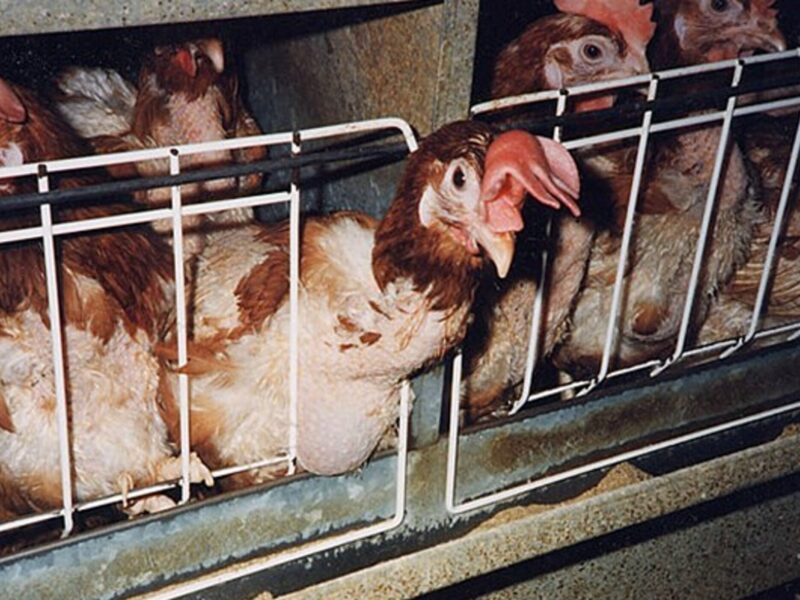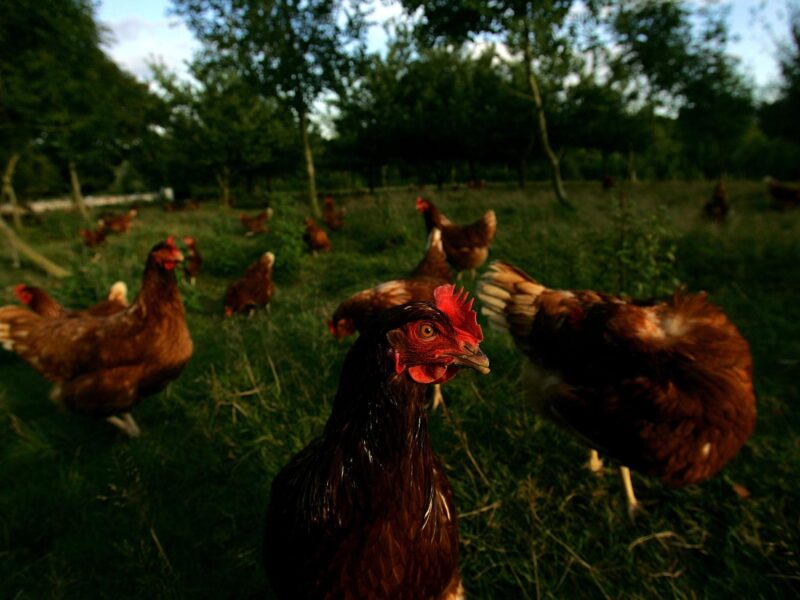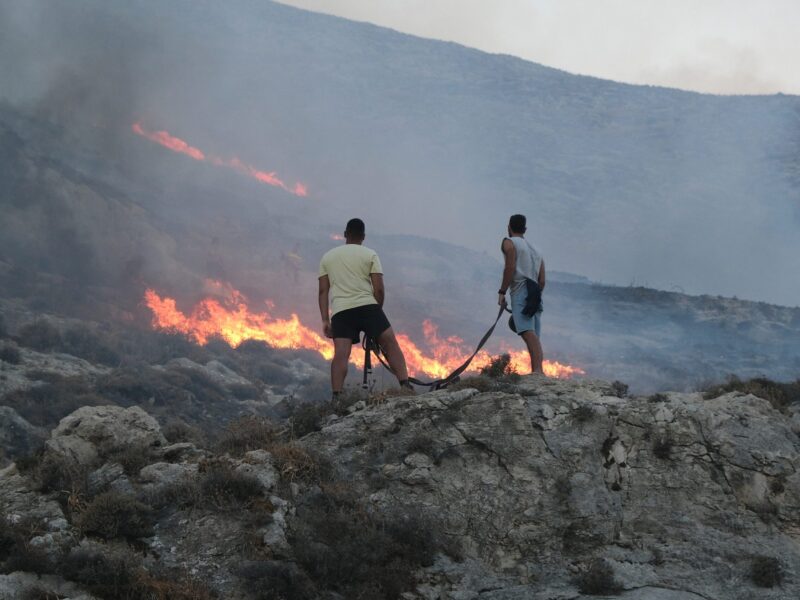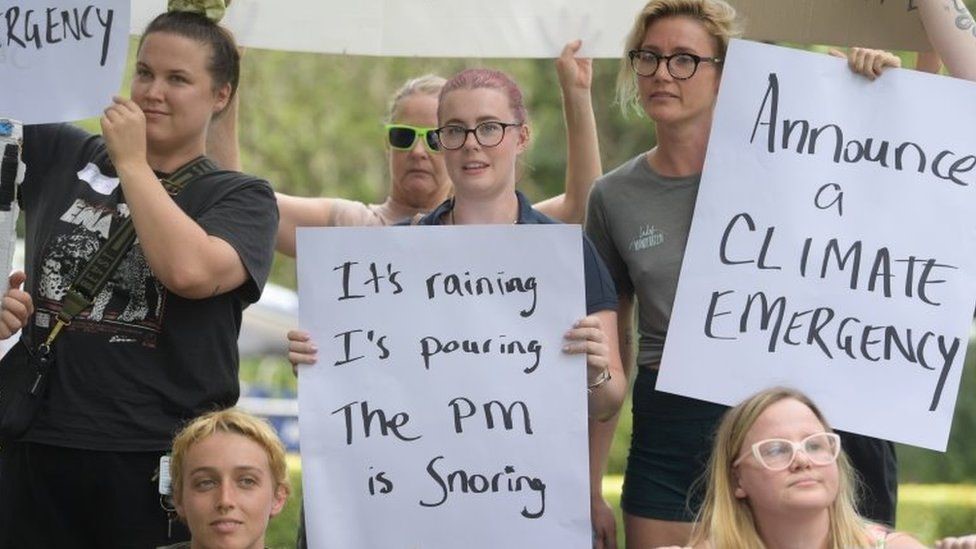
Australia: ‘It’s raining, it’s pouring, the PM is snoring’
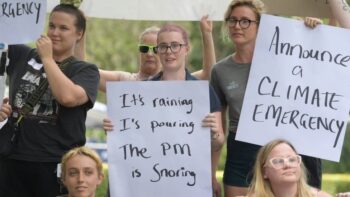
Heartfelt words written on a placard as Australian PM, Scott Morrison, met the public protesting at his inaction when he visited floods in Lismore
What the ‘rain bomb’ in Australia tells us about our world
Three weeks ago, as Russia invaded Ukraine, a tragedy of a different sort was rocking Australia, as a ‘rain bomb’ hit New South Wales and Queensland. The region was being hit by floods for a second year in a row. The extent and depth of this latest flooding is hard to believe. Record levels of water. Tragic deaths. Hundreds of displaced people and their pets. And I am very sorry to say, literally thousands of dead animals: domestic, farmed and wild.
The video of a farmer’s 300-strong dairy herd being caught in the deep water, with half the herd being washed away, will stay with me forever.
Scientific assessment
As Australian lives were being lost, both human and animal, with homes, cars and livelihoods being destroyed, the Intergovernmental Panel on Climate Change (IPCC) was publishing its latest update on the state of the planet.
It had a sobering message.
Climate change is already here and is causing widespread losses, but is set to get worse. The crisis is upon us, much earlier than first thought. Warming effects on ecosystems are being experienced earlier, are more widespread, and have greater consequences than anticipated.
Too little
While global attempts by humankind to adapt to the worsening climate hazards have increased, most of it is still too little, too late.
In many ways, Australia’s situation reflects the situation felt by many.
The Australian people are angry at their government for being too slow to cut carbon emissions and invest in renewables. A report published at the COP26 global summit last year backs up that assessment. It ranked Australia last among 60 countries for policy responses to the climate crisis, largely down to a stubborn reliance on coal-powered energy and coal exports.
But many other governments are equally slow to accept what scientists have been saying for years – we have to transform the way the world produces, consumes and thinks about food.
Without transformational change in the global food sector, the world will fall perilously short of sustainability targets set by world leaders for 2030. By Compassion In World Farming’s own analysis, without a move away from industrial animal agriculture – factory farming – several crucial Sustainable Development Goals (SDGs) will be rendered unreachable.
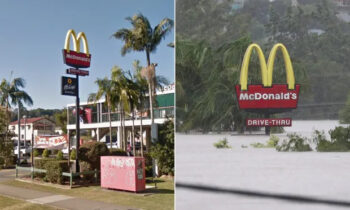
Lismore McDonald’s before and during the floods | Credit: Composite Jason O’Brien /GoogleMaps /AAP
Taking action
We are a world in turmoil facing a planetary crisis like no other. And this is the critical decade for securing a liveable, sustainable future for our children.
We know the answers, but will humanity heed them?
As Australia starts the massive clean-up operation and tragically counts the dreadful loss of life, what will it take for governments around the world to recognise the severity of climate change?
What is becoming ever clearer is that actions speak louder than words; climate breakdown is happening now; our planet won’t wait any longer, and neither should we.
If you have been moved by this article, please do think of joining us at Compassion in Word Farming and support our work to end factory farming, transform our food system and fight climate change, thank you https://www.ciwf.org.uk/


